Apple is preparing a major update to how iPhones and the App Store handle user age verification, as new legislation in Texas, Utah, and Louisiana takes effect over the coming year. These laws, designed to tighten protections for minors online, will require Apple and other digital platforms to verify the ages of users and obtain explicit parental consent for anyone under 18.
The move marks one of Apple’s most sweeping policy changes in years, reflecting a growing wave of U.S. state-level efforts to regulate how children and teenagers interact with technology. But it also raises serious questions about data privacy, digital identity, and the future of online regulation in the United States.
The Beginning of a New Era for Online Accountability
Beginning in January 2026, Apple will require new users in Texas to declare their age when setting up an iPhone or creating an Apple ID. If a user identifies as under 18, they will be automatically linked to a Family Sharing account, which places their digital activities under the supervision of a verified parent or guardian.
Parents will have the power to approve or reject app downloads, in-app purchases, and other account-level activities. These controls, while not entirely new to Apple’s ecosystem, will now be mandatory under state law rather than optional parental settings.
Texas’ new online safety legislation mandates that all “digital distribution platforms” must verify user ages before granting access to app stores or content that allows communication, sharing, or user-generated media. Similar laws passed in Utah and Louisiana are set to follow later in 2025 and 2026.
Apple’s Compliance Strategy
To comply, Apple is rolling out a multi-layered verification process that balances legal compliance with its privacy-first philosophy. Instead of collecting government IDs or sensitive biometric data, Apple’s system will rely on self-declared ages verified through Apple IDs and device location data, ensuring compliance with local state rules without introducing invasive ID checks.
Developers will also see changes. Apple is expanding its Declared Age Range API, a developer-facing tool that allows apps to recognize whether a user falls into a specific age bracket—child, teen, or adult—without revealing their exact birthdate or identity.
If an app undergoes major changes, such as introducing new monetization features or privacy policies, it must prompt for renewed parental consent. Parents will be notified when new permissions are required, and they will retain the ability to revoke previously granted consents at any time.
These new APIs will be released as part of iOS 19’s developer beta later this year, giving developers time to adapt before enforcement begins.
A Clash Between Safety and Privacy
Apple’s compliance doesn’t mean it supports the legislation. The company has expressed strong reservations about the laws’ broader implications for user privacy and data security. Executives reportedly warned that forcing companies to verify the ages of all users could create new risks, as it may encourage third-party verification systems to collect personal identification data at massive scale.
In internal discussions, Apple leaders reportedly described the laws as “well-intentioned but overreaching.” The company’s stance is that age verification should never come at the expense of anonymity or data minimization, both of which are pillars of Apple’s public privacy policy.
Apple CEO Tim Cook has emphasized repeatedly that Apple aims to protect children online while avoiding unnecessary data collection. “We believe parents should have control, but not at the cost of user privacy,” he said in a past statement on online child protection initiatives.
This latest round of state legislation, however, leaves Apple little room to maneuver. By law, failure to comply could expose the company to fines, lawsuits, or potential restrictions on App Store operations within those states.
Developers Face a New Layer of Compliance
The new laws don’t just affect Apple—they also impose direct obligations on app developers, who must adapt their products to recognize and respect users’ verified ages.
Under these regulations, developers must:
- Use Apple’s APIs to detect when a user is under 18 and adjust app functionality accordingly.
- Provide clear disclosures about how data from underage users is handled.
- Trigger new parental consent requests whenever a significant change occurs to the app’s features, data policies, or monetization models.
- Respect requests from parents to revoke consent and delete associated data from the developer’s servers.
Noncompliance could lead to serious consequences, including removal from the App Store in affected states and potential state-level legal action.
While some developers have welcomed the move as a way to promote digital safety, others worry that these requirements will add technical and regulatory overhead—especially for small studios without dedicated compliance teams.
Legal and Political Context
The legislation driving these changes is part of a larger movement among U.S. states to regulate children’s access to online platforms. Lawmakers in Texas, Utah, Louisiana, and Arkansas have all introduced bills aimed at curbing what they see as harmful exposure to social media, explicit content, and manipulative app design.
Proponents argue that these laws are essential for protecting minors from online risks, such as exploitation, addictive app features, and exposure to inappropriate material.
Critics, however, view them as government overreach that threatens internet freedom, privacy, and innovation. Civil liberties groups have warned that widespread age verification could effectively require digital identity systems, undermining the open, anonymous nature of the internet.
The new requirements have already faced legal challenges. Tech industry coalitions are preparing lawsuits arguing that the laws violate the First Amendment and impose undue burdens on interstate commerce. But unless courts block enforcement, Apple and other companies will be required to comply on schedule.
Privacy Advocates Raise Red Flags
Privacy experts are particularly concerned about the long-term consequences of widespread age verification. Even if Apple implements its system with privacy safeguards, they worry that smaller platforms and developers may not have the same resources to ensure compliance without collecting sensitive data.
“The risk is that these laws normalize identity checks for everyday digital activity,” said one digital rights researcher. “Once you make age verification mandatory, you’re effectively building an infrastructure for surveillance—one that can easily be repurposed for other uses.”
Apple’s approach—using anonymized age bands and family-based consent—has been described as a “privacy-conscious compromise.” Yet some argue it still sets a precedent that may expand to other industries, such as gaming, streaming, and e-commerce.
How Users Will Be Affected
For most iPhone users, the transition will be relatively smooth. Adults will simply confirm their age during account setup. Minors, however, will face new friction:
- They must join a Family Sharing group with a verified parent or guardian.
- Parents will receive requests to approve app downloads, in-app purchases, and new privacy permissions.
- Teen users may see content restrictions applied automatically, depending on their age bracket.
- Parents will gain expanded control panels in the Screen Time and Family Settings apps to manage approvals.
Existing Apple users in these states won’t be forced to reverify unless they change regions or create new Apple IDs. However, new users—and minors upgrading devices—will go through the verification process.
The Broader Implications
Apple’s compliance with these laws may set the standard for how tech companies navigate the increasingly fragmented regulatory environment across U.S. states. It also highlights a growing shift in American tech policy—from the federal government’s hands-off approach to state-driven digital regulation.
If other states follow Texas, Utah, and Louisiana, Apple could eventually need to implement a nationwide age verification system—raising further logistical and ethical questions.
Industry analysts believe Apple’s solution will become a template for privacy-preserving compliance, blending legal adherence with the company’s long-standing emphasis on minimal data collection. However, the rollout will also test whether consumers are willing to tolerate new verification steps in exchange for stronger parental oversight.
A Defining Moment for Digital Regulation
The new age verification rules reflect an inflection point for the tech industry. Governments are no longer content to let platforms self-regulate; the era of voluntary parental controls and app ratings is giving way to mandatory, state-enforced digital accountability.
For Apple, the challenge will be maintaining its reputation as the global leader in privacy while satisfying lawmakers determined to tighten control over online access for minors. Whether this balance can hold will depend on how effectively the new systems protect both children’s safety and adults’ privacy rights.
If successful, Apple’s model could become the foundation for future global standards on digital age verification. If not, it could open the door to more intrusive forms of identity verification and reshape the relationship between technology and personal freedom for years to come.

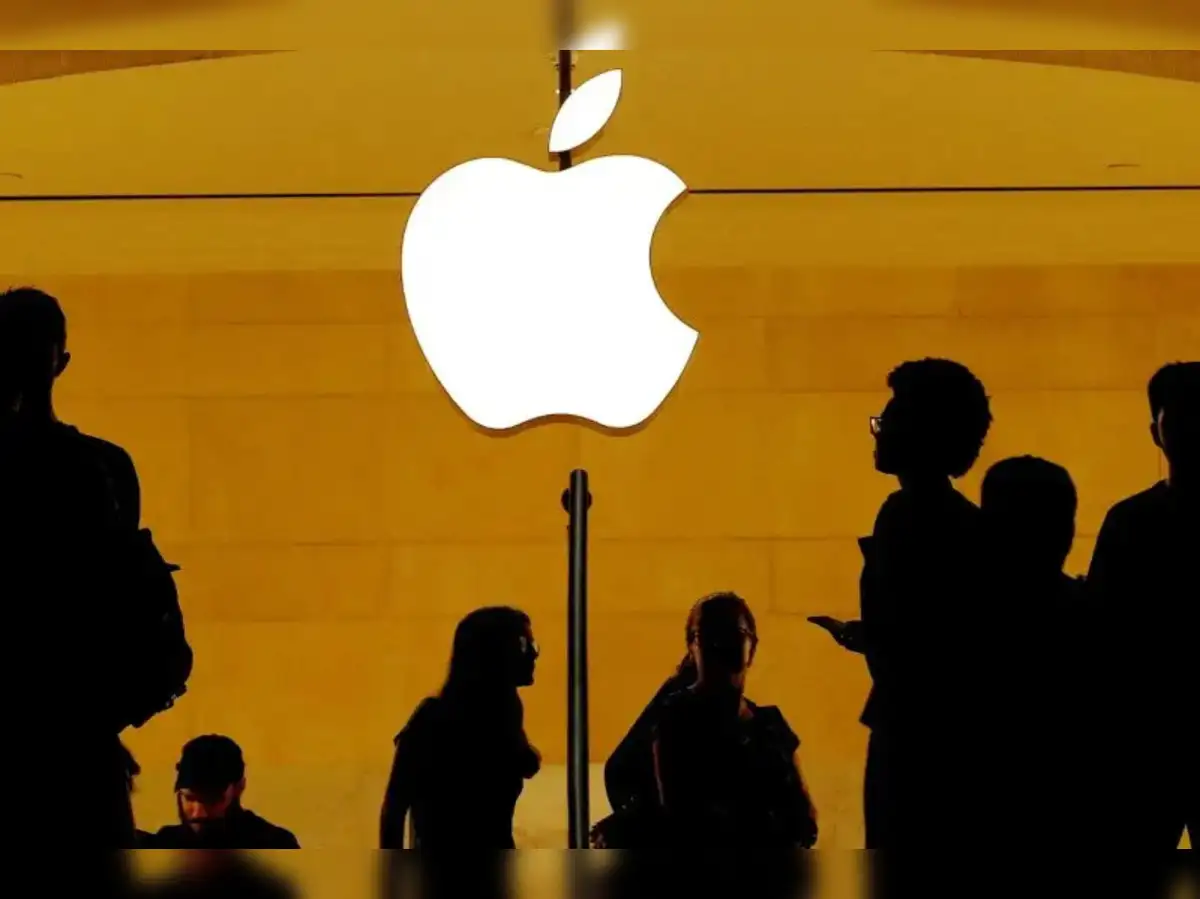

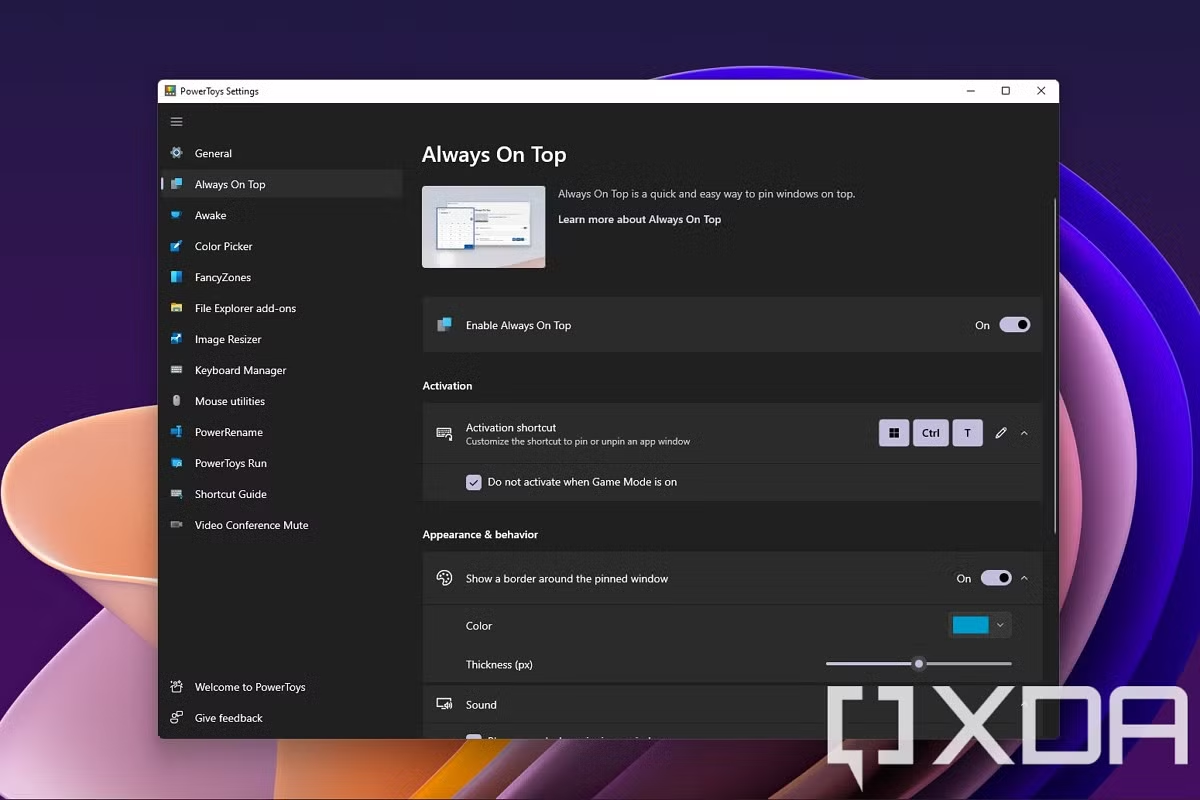
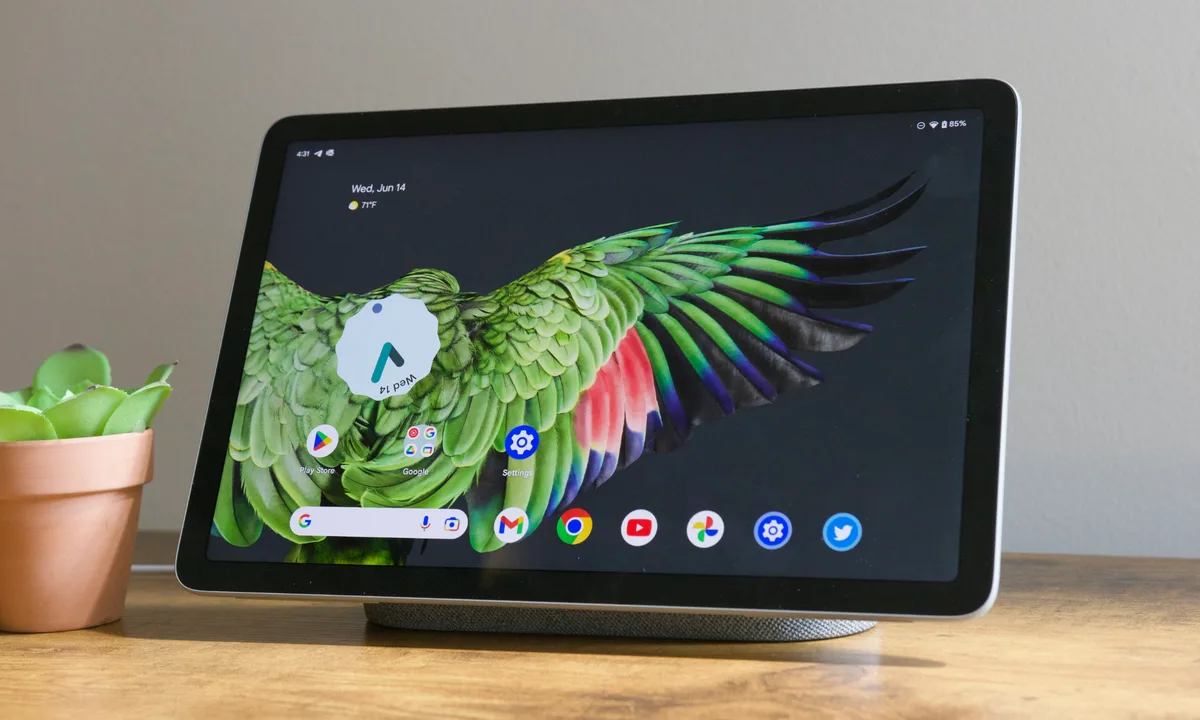





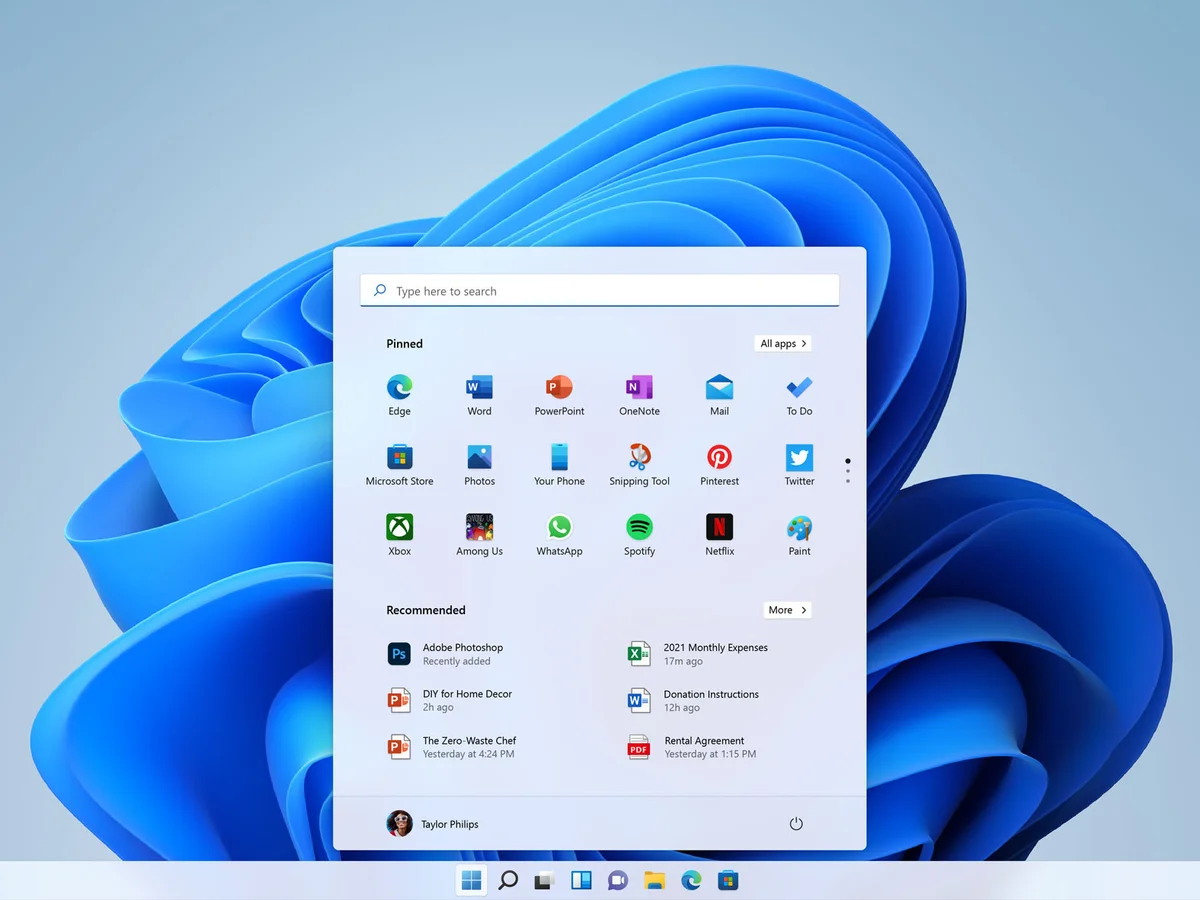
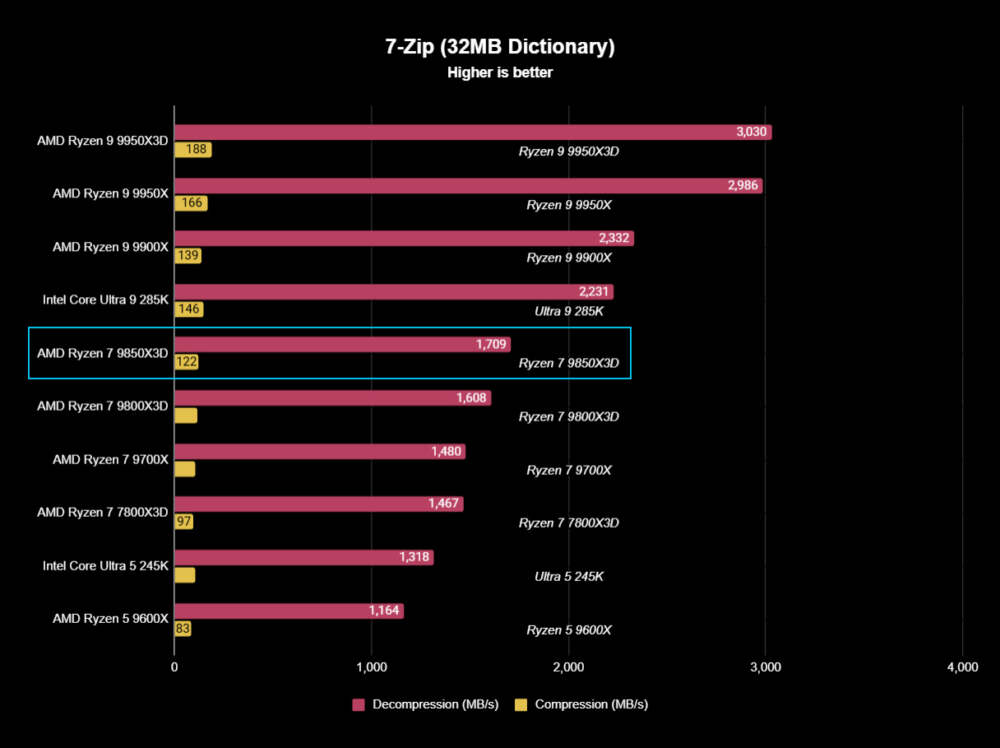




Leave a Reply